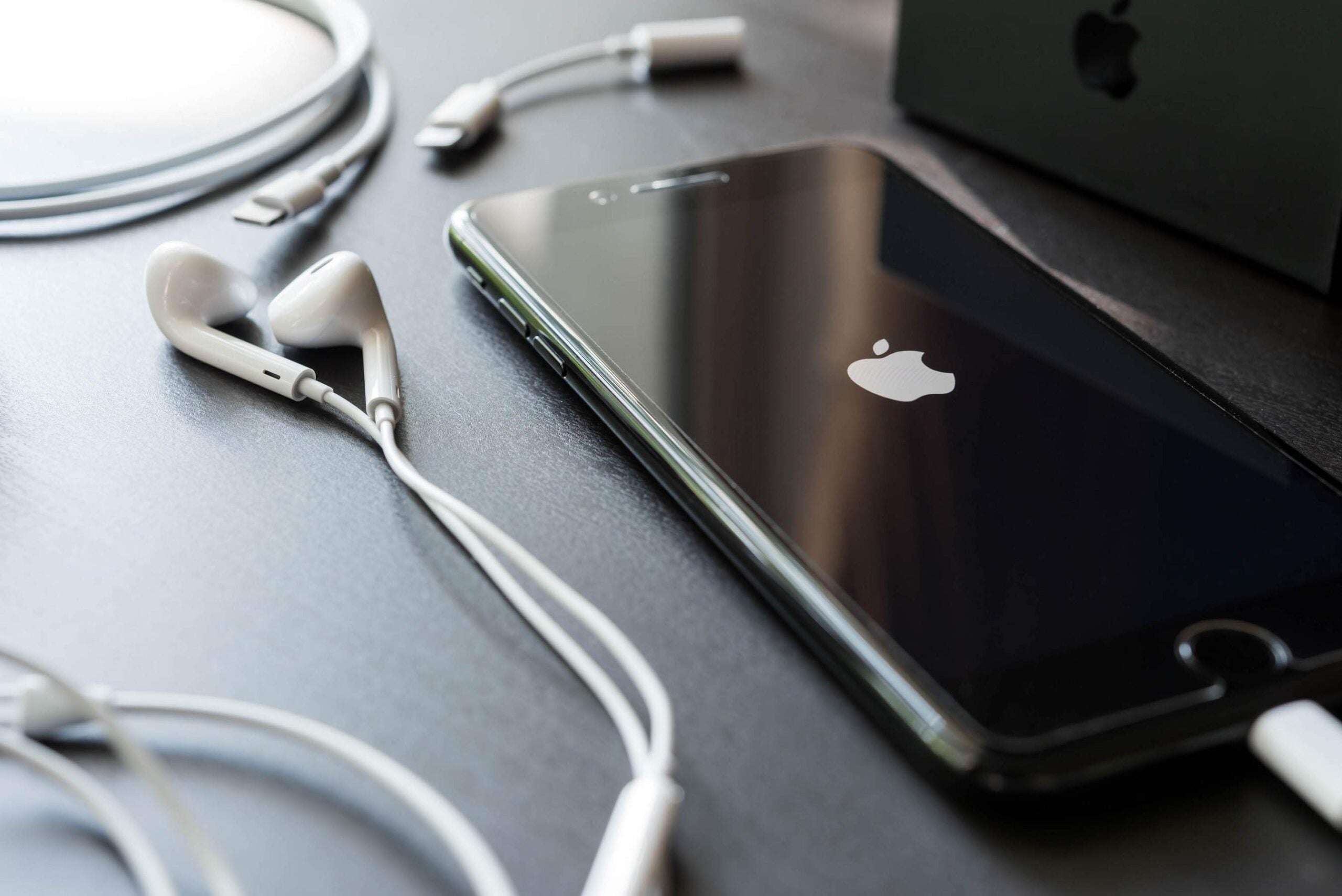
Tech giant Apple confirmed today that it does deliberately slow down older iPhones. The models affected are the iPhone 6, 6S and SE and the iPhone 7.
The company said it reduces the speed of some models as they age because the phones’ battery performance diminishes over time.

Access deeper industry intelligence
Experience unmatched clarity with a single platform that combines unique data, AI, and human expertise.
An Apple spokesperson said:
Our goal is to deliver the best experience for customers, which includes overall performance and prolonging the life of their devices.
“Lithium-ion batteries become less capable of supplying peak current demands when in cold conditions, [when they] have a low battery charge or as they age over time, which can result in the device unexpectedly shutting down to protect its electronic components,” he added.
However, many customers have long believed that Apple slows down older iPhones to encourage people to buy a new model or get an upgrade.

US Tariffs are shifting - will you react or anticipate?
Don’t let policy changes catch you off guard. Stay proactive with real-time data and expert analysis.
By GlobalDataSome iPhone owners took to Twitter to vent their frustration:
So it's true Apple intentionally slow down old iPhones. Proof: My iPhone 6 was bought 3years ago and recently got really slow. APP 'CPU DasherX' shows iPhone CPU is under clocked running at 600MHz. After a iPhone battery replacement. CPU speed resumed to factory setting 1400MHz. pic.twitter.com/pML3y0Jkp2
— Sam_Si (@sam_siruomu) December 20, 2017
Many users had raised concerns last year after their iPhone 6S turned off abruptly, even though there was about 30 to 40 percent charge remaining in the battery.
An Apple spokesperson said:
Last year we released a feature for iPhone 6, iPhone 6S and iPhone SE to smooth out the instantaneous peaks only when needed to prevent the device from unexpectedly shutting down during these conditions. We’ve now extended that feature to iPhone 7 with iOS 11.2, and plan to add support for other products in the future.
Why did it take Apple so long to admit what it was doing?
Thanks to a Reddit post from last week, which sparked a discussion regarding iPhone performance as a function of battery age, technology website Geekbench analysed several iPhones running different versions of the iOS operating system and found some of them had been deliberately slowed down.
On Monday, Geekbench founder and developer John Poole wrote in a blog post entitled iPhone performance and battery age:
I’ve plotted the kernel density of Geekbench 4 single-core scores for the iPhone 6s and the iPhone 7 running different versions of iOS.
“It appears the problem is widespread, and will only get worse as phones, and their batteries, continue to age…I believe, as do others, that Apple introduced a change to limit performance when battery condition decreases past a certain point,” he added.
The Geekbench team concluded that performance can be regained by replacing the phone’s battery with a new one.
Apple charges £79 ($79) to replace batteries not covered under the phone’s warranty.







